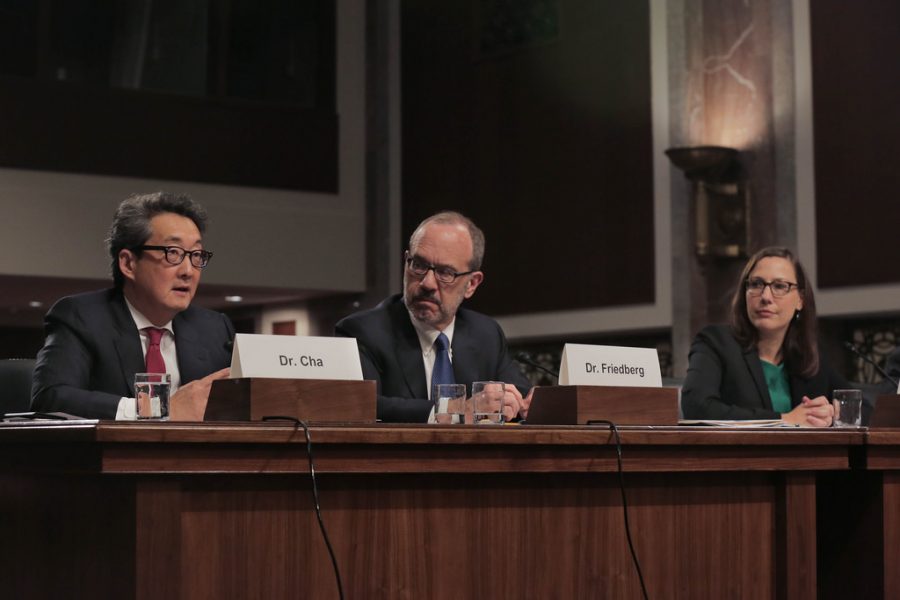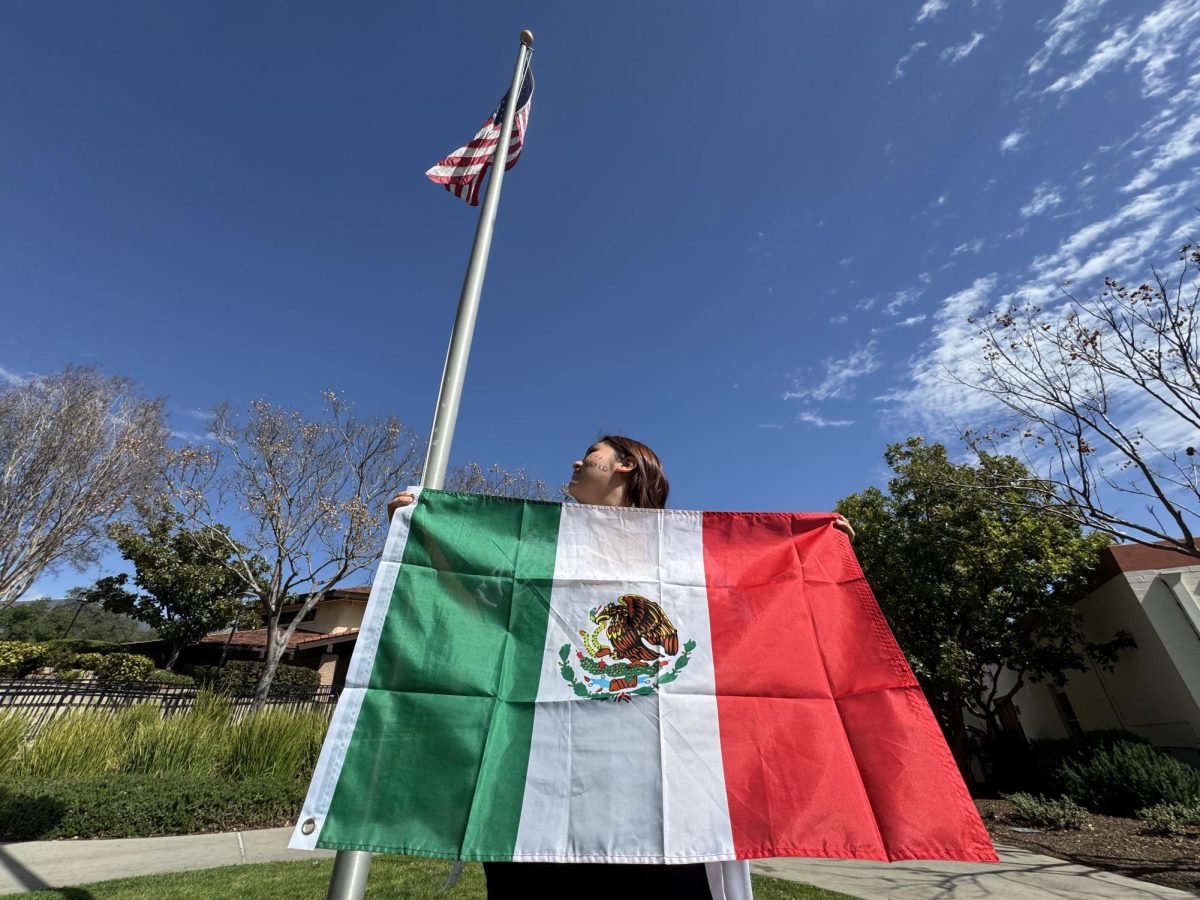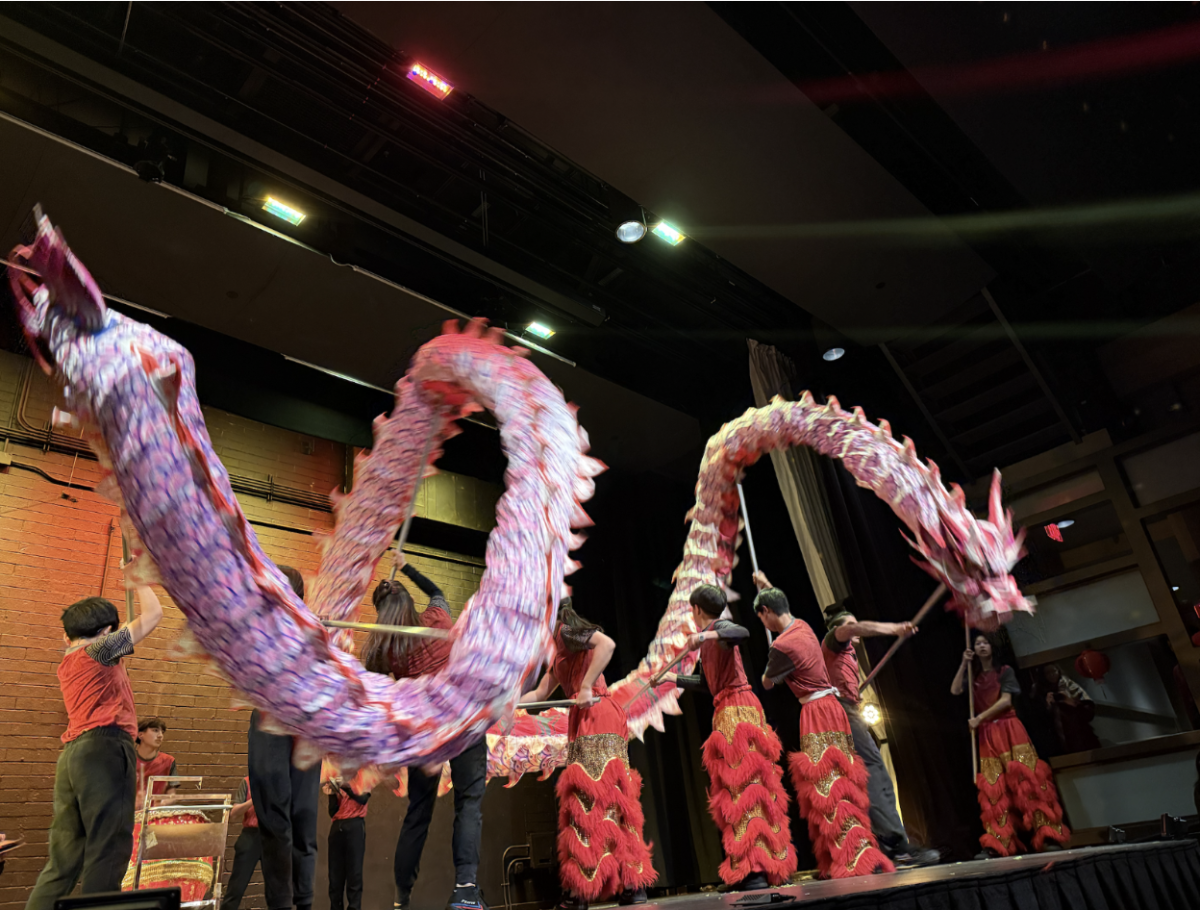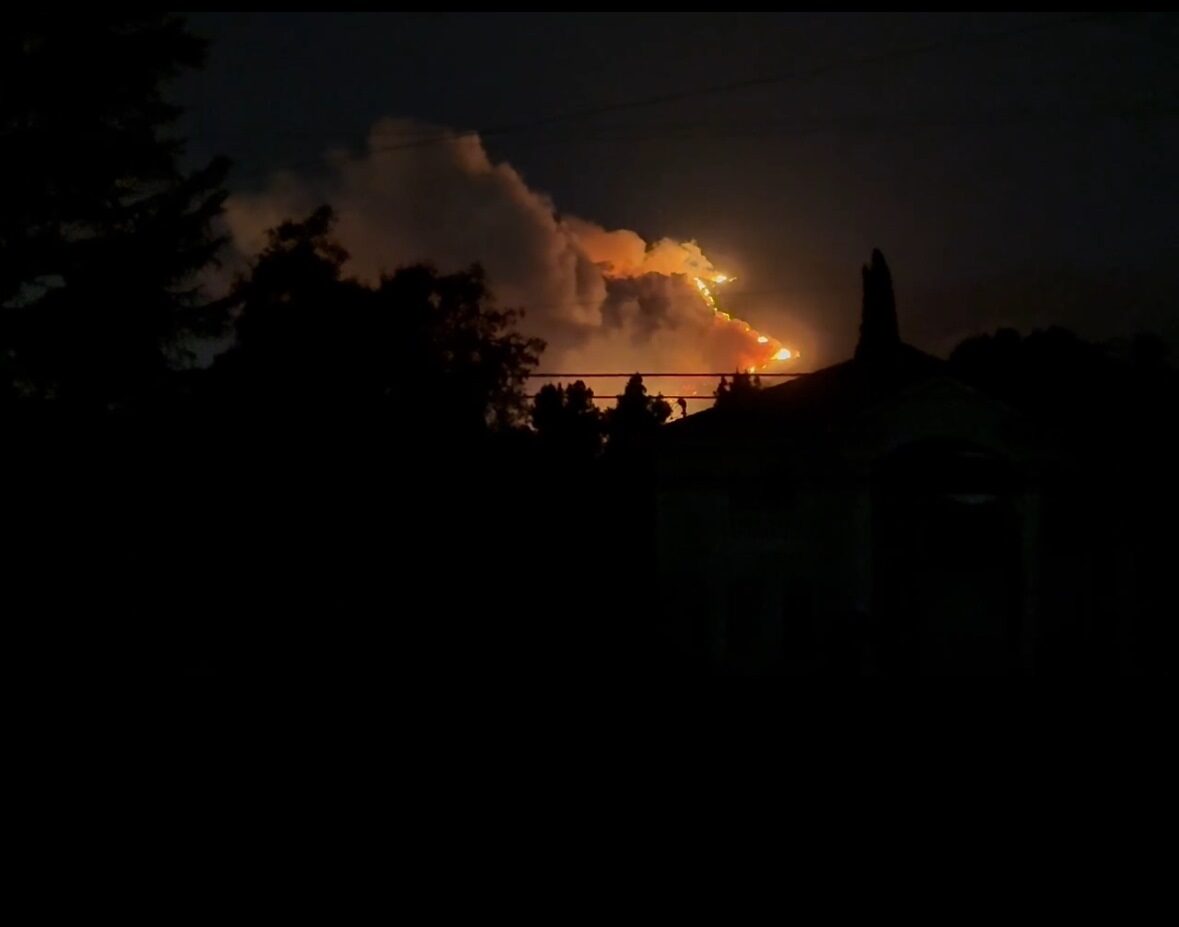As the Pyeongchang Olympic Games started recently, the Trump administration is busy finding a person to serve as the Ambassador to South Korea. Weeks ago, rumors raged that the Trump administration was considering Victor Cha, who served as the Director for Asian Affairs at the National Security Council in the White House from 2004 to 2007. He served as an adviser on US-Korean relations under the Bush administration.
After an intense vetting process, the White House sent his nomination to officials in Seoul to gain a final approval. Seoul quickly signed off on Victor Cha’s nomination. However, the White House suddenly dropped him and planned to seek another person.
The reason is a fundamental dispute between Victor Cha and high-level officials in the Trump administration on the “bloody nose” strategy against North Korea. In recent days, the Trump administration has considered giving North Korea a “bloody nose” with a limited military strike aimed towards its nuclear facilities. This strategy is intended to demonstrate the United States’ strength and push North Korea to come to the negotiation table to denuclearize. Different from an all-out war, Trump administration simply wants to bloody the nose of the Kim regime.
Victor Cha vehemently writes in The Washington Post, “Yet, there is a point at which hope must give in to logic. If we believe that Kim is undeterrable without such a strike, how can we also believe that a strike will deter him from responding in kind? And if Kim is unpredictable, impulsive and bordering on irrational, how can we control the escalation ladder, which is premised on an adversary’s rational understanding of signals and deterrence?”
One of his most persuasive arguments is the lack of unpredictability between “a bloody nose” and an “all-out attack on the whole body.” Even if the United States intends to simply attack one of many North Korea’s nuclear facilities to send a message, North Korea might perceive it as a declaration of war and quickly retaliate against the United States.
North Korea’s retaliation will have damaging effects to people in South Korea and Japan. Victor Cha says this “bloody nose” strategy is life-threatening to “230,000 Americans in South Korea and 90,000 or so in Japan.” He writes, “To be clear: The president would be putting at risk an American population the size of a medium-sized U.S. city — Pittsburgh, say, or Cincinnati — on the assumption that a crazy and undeterrable dictator will be rationally cowed by a demonstration of U.S. kinetic power.”
In his recent State of the Union speech, President Trump said, “North Korea’s reckless pursuit of nuclear missiles could soon threaten our homeland” and “past experience has taught us that complacency and concessions only invite aggression and provocation. I will not repeat the mistakes of past administrations that got us into this dangerous position.”
Unreasonably provoking a dangerous regime has hazardous consequences. The central doctrine of the “bloody nose” strategy is Trump’s idea of “America First,” putting American lives above the lives of South Koreans and Japanese. He strives to initiate a military strike and make people in South Korea and Japan who are not at the decision table to suffer from the backlash. This lack of global concern is very dangerous in our globalized age.















